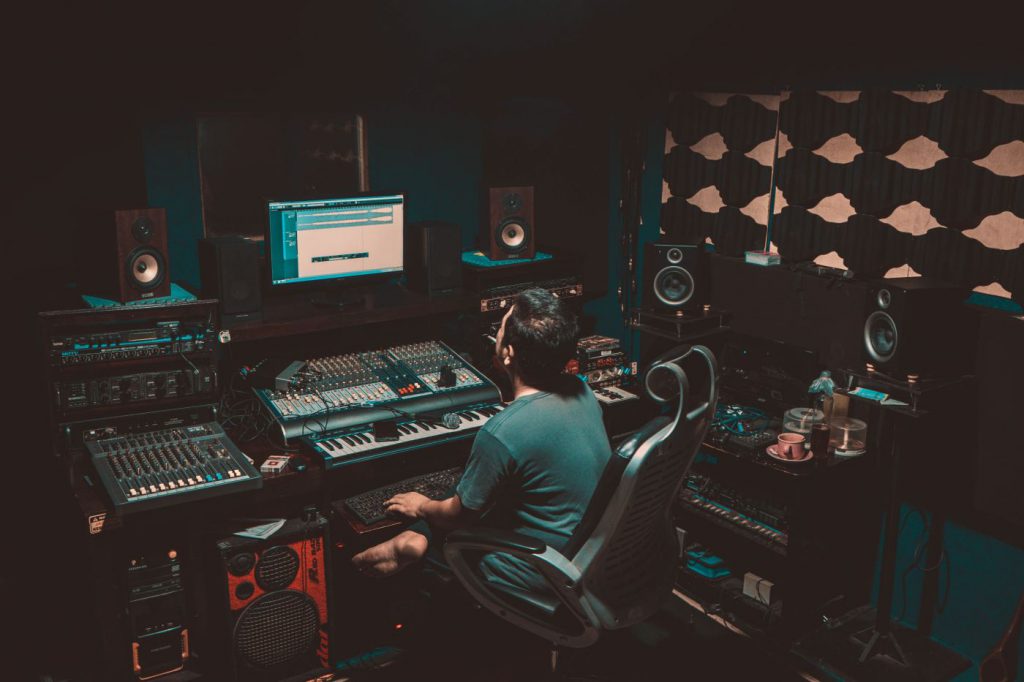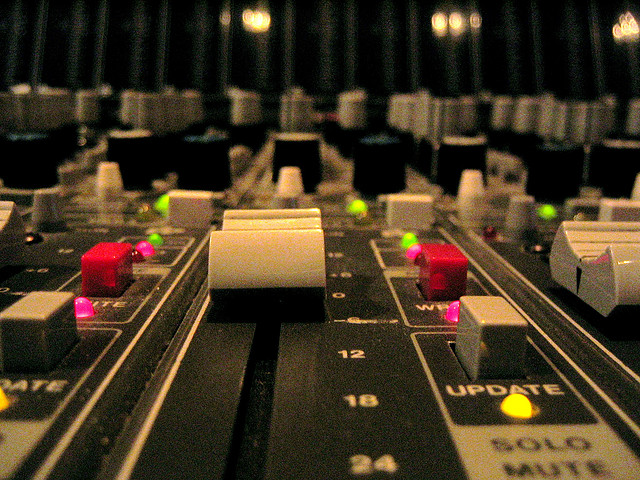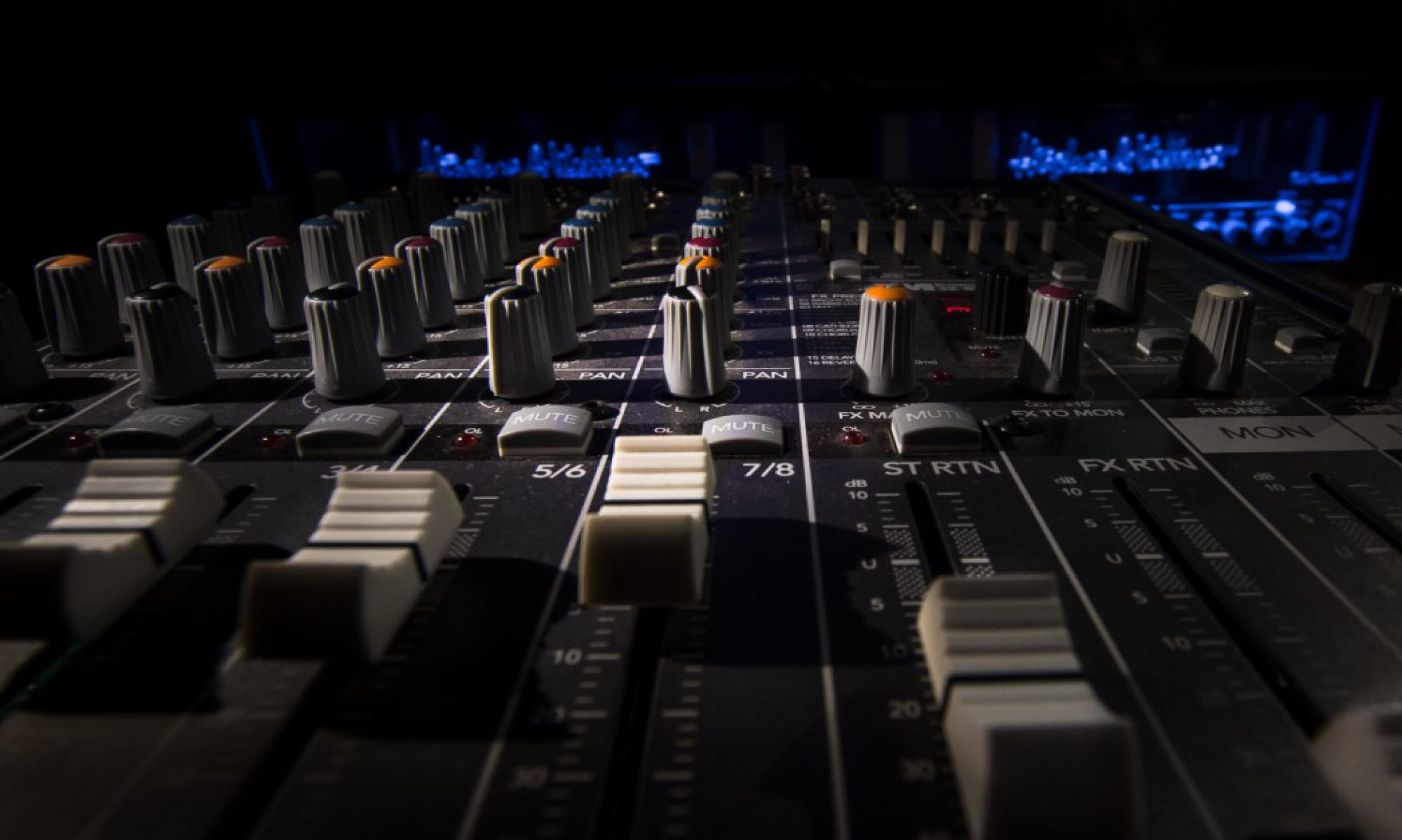This is the last week of my holiday series about mixing through what is a busy time for just about anyone in the audio industry. These last few weeks we’ve talked quite a bit about pacing yourself in terms of exposure and utilizing tools to mix efficiently, but this week I wanted to wrap up the series by discussing the fact that I believe more engineers need to trust their skills, trust their work, and trust their instruments as they mix through hearing fatigue.

Over the last couple of years of blogging here I’ve talked about the importance of taking advantage of as many tools as you can to measure sound. Whether that’s just SPL, running an RTA, having wireless workbench open, or whatever else, there are so many objective metrics to help us make better subjective decisions. Whether you’re in the studio, at monitors, or running FOH, there is always information that can be gathered and used. One of the biggest reasons I run Smaart is to help me mix when I know my ears are tired. I know, I know, I should be mixing with my ears, I completely agree. However, sometimes show schedules combined with rehearsal schedules make being at full strength hearing-wise difficult. I also condition this whole idea of mixing on instruments with the requirement that you’ll need to have put in the time beforehand in virtual soundcheck dialing in the mix in order to learn what your instruments need to be saying and how to accomplish what you are looking for.

Every year with our big Christmas show, in the week leading up to our shows, I’m spending some time everyday mixing so that, after having paced myself throughout the week, I’m all setup to mix. If my ears aren’t fresh, I’ve practiced so many times, spent so much time tweaking with fresh ears, that I know what my instruments should be reading if I’m not trusting what my ears are hearing. Because I’ve run through the songs so many times, mixing becomes instinctual. I’m no longer reacting to my mix, I’m being proactive, knowing what’s needed for what’s coming next. I can look at my RTA, process for a bit, and know what needs to be changed based on my memory of what it looked like all the previous times I’ve run that song with ears at full strength. Remember, we are talking about the RTA curve here, SPL matters but in my context, the form of the sound rather than the volume of it matters more. More often than not I’ve hit my SPL targets in virtual soundcheck so that shouldn’t be a factor during the shows.

Having spent so much time in virtual playback over a longer period of time, I am also able to build muscle memory. This is also something that I hear being looked down upon. Folks, once again, if your ears are tired, you can’t trust them for the intricacies of your mix. So you can only trust other input sources and in this case, the muscle memory of how much you’ve pushed that delay in the bridge last time or how much you needed to push the electric for the solo on the last run. There are markings on your fader bridges. Use them. Remember them. When I mix, I dial up that verb and then look down at where it is and bake that into my memory right along with what I’m doing. Then next time, I can push that fader to taste, then look down at where the fader is to see if it’s where I’ve liked it in the past. Trust what you remember. Trust what you’ve practiced. Trust yourself. If you’re putting in the time during rehearsals, putting in the time on your own during virtual soundcheck, than you will be ready. You will know what you need to be doing, when you need to do it, and how much you’ll need to do.
All of this to say, if you’re working hard, doing the time, putting in the effort, you will know your work. Even if you can’t hear all the details because you’ve exceeded the amount of time in full volume exposure that you know you can handle, you can trust your instincts, you can trust your instruments, you can trust your mix. Being confident I think is one of the biggest factors that separates good mixers from great mixers. If this is creating more questions for you than its answering, please reach out in the comments below or on Facebook or hit me up at daniel@studiostagelive.com. I love to dialogue with you guys/girls because more often than not I’m hearing a new idea from one of you. I hope this series has been helpful for you and perhaps something you can put into practice as you enter the new year and hopefully and abundance of mixing. If you want to get an email anytime something is published here, subscribe at this link, and we will make sure you get an email when new posts are live. Tune in next week as I have another “Meet an Engineer” post coming your way!
